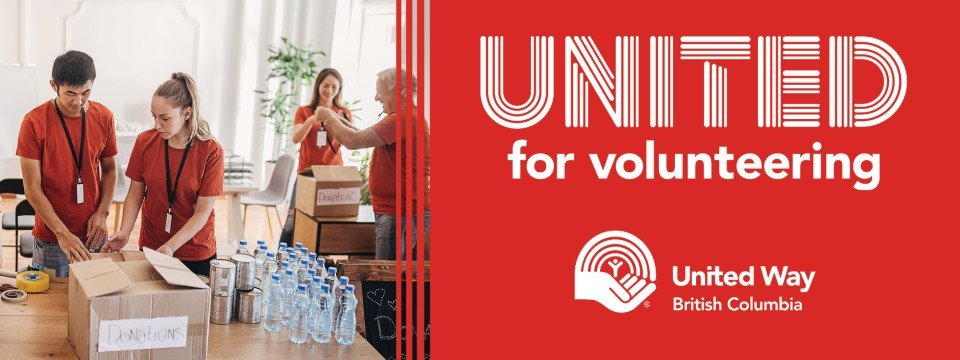Things to Consider When Planning Your Volunteer Orientation
A volunteer orientation can be conducted in many different ways, while the majority are done in-person in large groups.
Here are some things to consider:
1. Scheduling
Depending on your volunteer demographics, some of your volunteers may be students, have a 9-5 job, a parent, etc. You'll want to consider these things when scheduling a volunteer orientation. Individual volunteers tend to sign up for sessions done outside of regular work hours.
2. Setting
Volunteers value flexibility, that said, giving them options for either an in-person or online orientation will help you get volunteers sign up quickly to help get them out in the field to do their work much quicker.
3. Content
You may want to consider the type of information you will include in the orientation. Some information may be better shared in person especially if you are talking about highly sensitive topics that relate to the vulnerable sector.
4. Audience
Some orientations are best done in groups while some may be done individually. You will want to consider the space you have, technical tools, etc. if these external factors will allow for the number of participants.
5. Speakers
Typically, Volunteer Coordinators/Managers lead volunteer orientations but it has been found more engaging to have other speakers in the room that can talk about the programs in your organization, volunteer stories, etc.
Once you've considered all of the above, you're all set to start planning out your volunteer orientation.
Did you know?
United Way British Columbia's Volunteer Team offers support to Non-Profits who are in need of volunteers in British Columbia? Aside from UWBC's iVolunteer.ca platform, the volunteer team is also here to help actively promote your opportunities and provide other resources you may need to successfully recruit and manage volunteers.
You can email Aubrey Mendoza, Volunteer Coordinator. Non-Profit sector at aubreym@uwbc.ca to know more.



